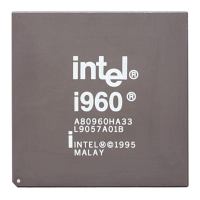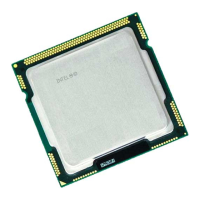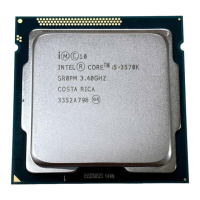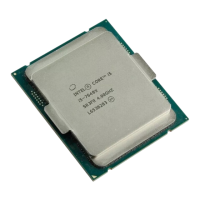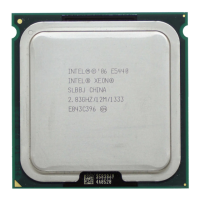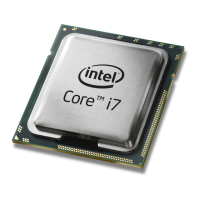Language Implementation
7-43
7
Similarly, the address of the compound expression can be taken. These
two expressions are equivalent:
&(a, b)
a, &b
A conditional expression is a valid lvalue if its type is not void and the true
and false branches are both valid lvalues. For example, these two
expressions are equivalent:
(a ? b : c) = 5
(a ? b = 5 : (c = 5))
A cast is a valid lvalue if its operand is valid. Taking the address of the
cast is the same as taking the address without a cast, except for the type of
the result. For example, these two expressions are equivalent (but the
second may be valid when the type of
a does not permit a cast to int *):
&(int *)a
(int **)&a
A simple assignment whose left-hand side is a cast works by converting
the right-hand side first to the specified type, then to the type of the inner
left-hand side expression. After this is stored, the value is converted back
to the specified type to become the value of the assignment. Thus, if
a has
type
char *, the following two expressions are equivalent:
(int)a = 5
(int)(a = (char *)5)
An assignment-with-arithmetic operation such as += applied to a cast
performs the arithmetic using the type resulting from the cast, and then
continues as in the previous case. Therefore, these two expressions are
equivalent:
(int)a += 5
(int)(a = (char *) ((int)a + 5))
